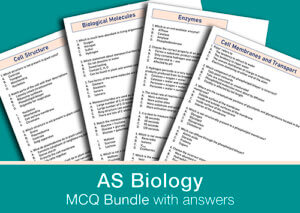Turn Scrolling into Studying: How the Prompt App Can Supercharge Your Biology Revision
In the era of smartphones and constant notifications, students often find themselves lost in screen time instead of revision time. What if you could transform phone usage into meaningful study sessions — especially for subjects like Biology? Enter Prompt: an innovative revision app designed to interrupt mindless scrolling and build knowledge through short, focused quizzes.
Why It Works
Prompt isn’t just another revision tool — it’s built around what research says actually boosts memory: spaced repetition, frequent short bursts of retrieval practice, and embedding learning into daily habits. The app uses GCSE and KS3-aligned content created by qualified teachers, ensuring it supports what students really need to know.
Key features include:
– Gentle quiz interruptions every 15 minutes of phone use.
– Instant feedback for correct and incorrect answers.
– A parent dashboard showing progress, accuracy, and mastery.
– Multi-subject coverage including Biology.
What This Means for Biology Students
If you’re studying for your GCSE exams, Prompt offers real benefits:
– Improved recall of key biology terms and processes.
– Reduced procrastination by turning screen time into study time.
– More consistent, bite-sized revision sessions.
– Support for parents who want to track progress.
How to Get Started
- Visit the Prompt website at thepromptapp.com
2. Download the app (currently for iPhone; Android coming soon).
3. Choose the subjects you want to focus on — including Biology.
4. Use Prompt alongside your other revision tools.
5. Track progress and watch your confidence grow.
Is It Worth It?
Prompt offers a 7-day free trial, followed by affordable monthly or yearly plans. For less than the price of a coffee each month, you gain consistent revision, stronger memory retention, and more efficient study habits — all while using the device you already have.
Final Thoughts
Revision doesn’t have to be dull or overwhelming. With the right tools, you can make learning part of your daily routine. The Prompt app offers a science-backed way to make revision more consistent and effective — especially for Biology students tackling topics like cells, genetics, and ecosystems. Ready to give it a try? Visit thepromptapp.com and start your free trial today.
Turn Scrolling into Studying: How the Prompt App Can Supercharge Your Biology Revision Read More »


